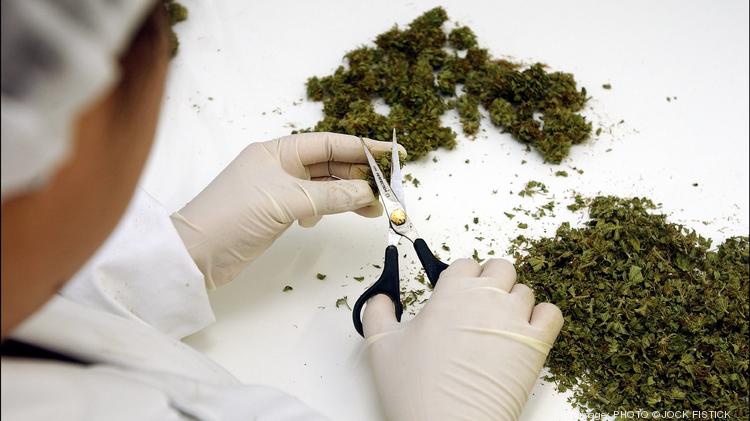Study quantifies the economic and financial impact of marijuana legalization in South Florida
The University of Miami has concluded that legalizing medical marijuana that daily smokers have a lower BMI then non-smokers. In addition, UM studies also found that the old adage that marijuana smokers are lazy and over weight due to eating is false.
In September, Miami commissioners researched the financial impact on Florida if medical marijuana is legalized in November; their findings showed just in the southern region of Florida would make almost $300 million annually on marijuana sales. Astonishing!
For more on this article, check it out here
As voters prepare to head out to the polls and weigh in on the issue of medical marijuana legalization, information on cannabis continues to pour in.
It began in August when a Miami-Dade County Commission staff report quantified the economic impact of legalization, pegging a high-dollar value on the prospective industry.
This week, the University of Miami followed suit, concluding in a study that marijuana users have lower body-mass indexes than those who do not smoke pot.
Published in this month’s issue of The Journal of Mental Health Policy and Economics, the study found that daily female marijuana users have a BMI that is about 3.1 percent lower than that of female non-users, while the BMI of daily male-users is about 2.7 percent lower than that of male non-users.
Researchers Michael T. French and Isabelle Beulaygue pulled data from the National Longitudinal Survey of Adolescent Health, a sample size greater than 13,000. They then controlled for demographic variables, such as age, race and employment status; cigarette smoking; other substance use; and weekly exercise.
“Our findings run counter to popular belief, which associates marijuana use with laziness and increased appetite,” said French, a professor of health-sector management and policy at the UM School of Business Administration. (French’s colleague on the project and lead investigator Isabelle Beulaygue is of the UM Miller School of Medicine.)
Though they emphasize that results are correlational rather than causal, French and Beulaygue’s study is just the most recent argument in favor of Amendment 2.
In September, Miami commissioners reviewed an economic impact report that estimates annual sales of medical marijuana could reach nearly $300 million across the Southern Region (Broward, Palm Beach, Martin, Miami-Dade and Monroe counties) if Amendment 2 wins a supermajority of 60 percent in the November election. In Miami-Dade alone, sales could bring as much as $124.5 million annually.
The projections were based on regulations established by the Compassionate Medical Cannabis Act of 2014. Signed into law by Gov. Rick Scott in June 2014, it allows for the “highly regulated” production, distribution, use and research of medical marijuana that contains less than 0.8 percent THC, the psychoactive substance in marijuana that gives users a high.
If Amendment 2 passes, the number of users that could qualify for all forms of medical marijuana would jump to 307,000, 41,500 of whom live in Miami-Dade, according to the report.
UM study makes a case for legalizing marijuana















 OMD Agency
OMD Agency
Recent Comments